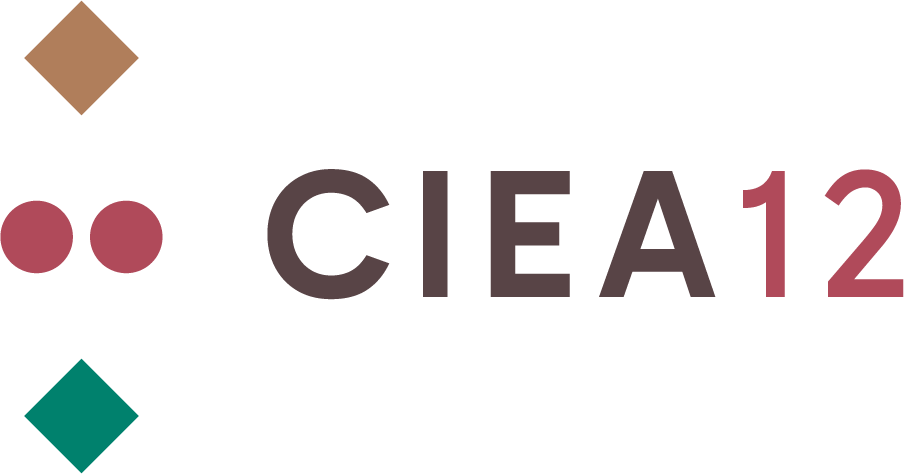The emergence of Jamaican Dancehall Gospel (JDG) in 1997 was situated at the intersection of two cultures which have historically stood in opposition to each other since the time of slavery of Afro-descendants in Jamaica. Colonial idealism and mannerism, in speech and etiquette, has stood in opposition to the local, of which Jamaican patois is the dominant signifier. Although 141 years have passed since emancipation from slavery in 1883, the upper section Jamaican society maintain remnants of colonial attitudes to distinguish themselves from the masses who have continued to perpetuate and create the cultural identity which characterizes Jamaica with church music being a space of contestation. Hence, the musical canon of arias, cantatas, anthems, organ recitals, and hymns as staples in the ‘elite’ churches, contrast with “local” spirited handclapping of Pentecostals and Revivalists. JDG —which is mainly sung in Jamaican vernacular— has therefore been problematic for many in the church community, because it contradicts indoctrinated attitudes against elements of Jamaican culture that are stigmatized as being ‘low class’ and inappropriate. This opposition is the “ground” from which JDG emerged and thrived. This paper discusses the processes by which JDG overcame great resistance to find a place among the musical offerings of elite churches in Jamaica today. This examination of the gradual process of assimilating the vernacular into Jamaica’s elitist music canon presents an opportunity to identify and compare musical decolonizing processes in postcolonial contexts.

DECOLONIZING CONTEMPORARY CHRISTIAN CANONS THROUGH PATOIS: CHALLENGES OF JAMAICAN DANCEHALL GOSPEL
Karen Cyrus


